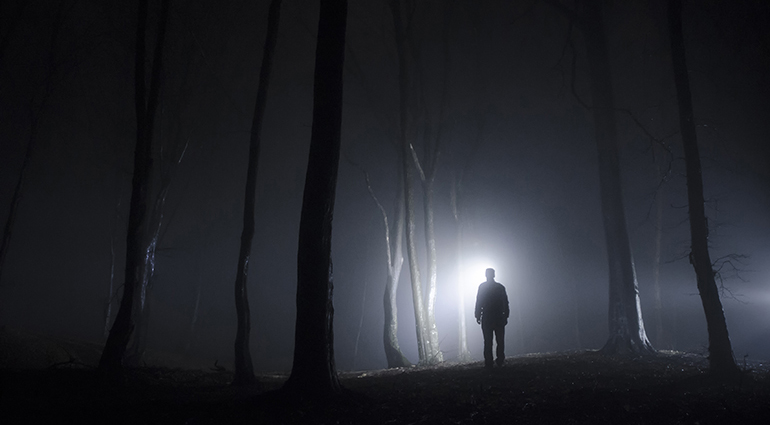Never Say “Can’t”
An accomplished acrobat and aerialist, Jen was born without legs and abandoned at the hospital. Yet she says being put up for adoption was a blessing. “I am here because of the people who poured into me.” Her adoptive family helped her to see she was “born like this for a reason.” They raised her to “never say ‘can’t’ ” and encouraged her in all her pursuits. She meets challenges with an attitude of “How can I tackle this?” and motivates others to do the same.
The Bible tells the stories of many people God used who seemed incapable or unsuited for their calling—but God used them anyway. Moses is a classic example. When God called him to lead the Israelites out of Egypt, he balked (Exodus 3:11; 4:1) and protested, “I am slow of speech and tongue.” God replied, “Who gave human beings their mouths? Who makes them deaf or mute? . . . Is it not I, the Lord? Now go; I will help you speak and will teach you what to say” (4:10–12). When Moses still protested, God provided Aaron to speak for him and assured him He would help them (vv. 13–15).
Like Jen and like Moses, all of us are here for a reason—and God graciously helps us along the way. He supplies people to help us and provides what we need to live for Him.








